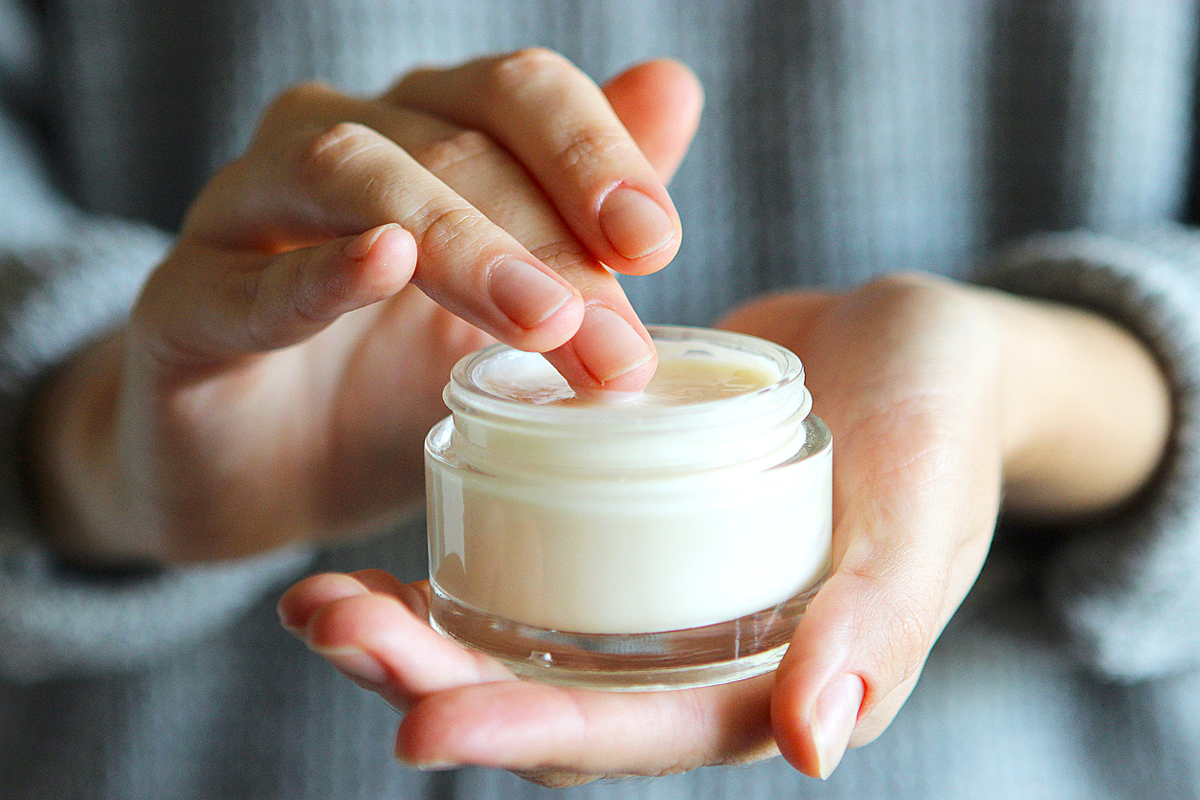We independently evaluate all recommended products and services. If you click on links we provide, we may receive compensation.
Beef tallow is not a new ingredient, even though you might be hearing about it more now. Rendered beef fat is used in candle making, for cooking, as an experimental ingredient in aviation biofuels, and in beauty. The skin care ingredient has “long been utilized as an effective protective barrier for the skin that traps in moisture and helps to combat dryness,” says Melanie Palm, M.D., a board-certified dermatologist based in San Diego, California. It’s been especially popular as of late: Domestic web search has spiked, with “beef tallow moisturizer” growing 180% over the last year.
The ingredient’s appeal likely lies in both its heritage as a naturally derived and biocompatible animal fat and in its concentration of skin-nourishing fatty acids, which contain a combination of anti-inflammatory, antimicrobial, and protective qualities. Bethany McDaniel, founder of Primally Pure, claims that “grass-fed and finish tallow…contains a collection of omega fatty acids that help maintain moisture, accelerate healing, promote collagen regeneration, and minimize signs of premature aging.” Her skin care brand uses beef tallow in several of its products, including its Antioxidant Balm, which counts beef tallow as its first ingredient.
Dr. Palm cosigns the ingredient’s skin benefits. “Today, we know that applying beef tallow topically may help improve certain skin conditions, like atopic dermatitis, eczema, and psoriasis, by replenishing the skin with ceramides,” she says. “Moreover, the fatty acids and cholesterol in beef tallow are effective in creating a protective seal to help dry, irritated skin heal.”
While beef tallow offers promising benefits for those with dehydrated skin or a compromised skin barrier, it’s not for everyone. It’s worth noting that “there isn’t enough research to determine whether beef tallow is more effective than other synthetically formulated, clinically proven products out there,” Dr. Palm says. “It simply is another option for the consumer to consider.” Further, vegetarians and vegans looking for similar skin benefits from plant-derived ingredients can find them in olive oil, avocado oil, marula oil, coconut oil, or shea butter, all of which boast antimicrobial, anti-inflammatory and skin-protecting fatty acids.
This article is for general informational purposes only.
Affiliate Disclaimer Medical Disclaimer
















 Unique Beauty is free for all users.
Unique Beauty is free for all users.